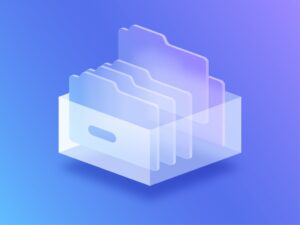eDiscovery
The most effective way to control e-discovery costs is to have a good data management system working on a routine […]
After chess grandmaster Gary Kasparov was defeated by a machine – it took the second generation of IBM’s Deep Blue […]
A compilation of recent court actions from Sidley & Austin: In Arizona, a defendant’s “culpable state of mind” when he […]
A panel of four “cyberstar” federal judges at a recent legal tech conference had a pointed message for corporate counsel: […]
Corporations are sometimes faced with lawsuits whose allegations look plausible. The general counsel knows they are not true, but the […]
There are fundamental differences between litigation support and data management, and if the latter is done intelligently and well, the […]
The AAA made significant changes to its general Commercial Arbitration Rules and added a set of Optional Appellate Arbitration Rules.
Employee status changes present constant opportunities for data that is subject to a legal hold to be corrupted, lost, or […]
Though U.S. courts have broadly accepted discovery of social media, there are many examples of courts striking down such discovery requests when litigants fail to establish relevance.
A federal court in Dallas issued an adverse inference order and imposed $27,500 in sanctions against an attorney who “created a new profile” on a computer in order to…
Daily Updates
Sign up for our free daily newsletter for the latest news and business legal developments.











